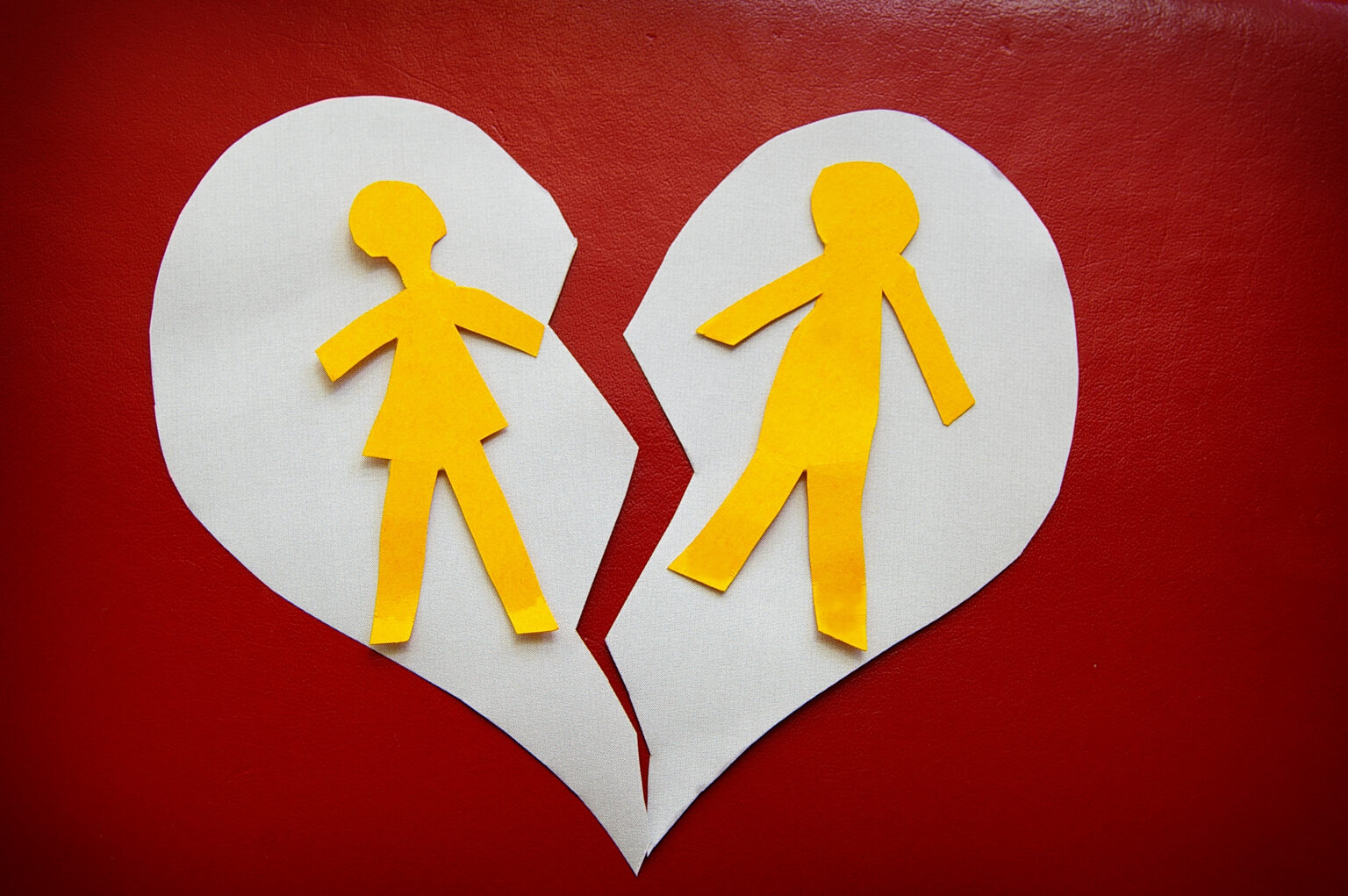
It doesn’t start out bad.
In fact, the whirlwind romance, self-assurance, and emotional vulnerability may sweep you off your feet in the beginning. Maybe things are fine for a while—until the signs of an abuser begin to show.
Often, abusers will lure you in before they begin to show their true colors. It doesn’t always happen all at once. Many times, an act of physical violence, a threat, or aspects of control, come out in stages.
Recognizing the signs of an abusive relationship is the first step to getting help. Here are a few of the most prominent signs that your relationship is an abusive one.
Feeling Afraid
There are several different types of abuse in relationships. Physical abuse is just one type.
Emotional abuse can be just as devastating. Feeling afraid of your partner or constantly feeling on edge is emotional abuse. If you avoiding doing things because you’re afraid of triggering an outburst from your spouse, emotional abuse is going on.
If you feel like nothing you do is right or like you deserve to be hurt, your partner is an emotional abuser. When you feel afraid and helpless in a relationship, seek help to get out.
Being Blamed or Humiliated by Your Partner
If your spouse yells at you, embarrasses you in front of others, or humiliates you regularly, this is emotional abuse.
When your partner is dismissive of your own accomplishments and gets angry when things don’t go his or her way, you may be in an abusive relationship.
If you get blamed for everything and put down constantly by your spouse—or made to feel as though you are the unreasonable one—it may be time to consider getting help.
Physical Abuse or Threats
Physical abuse isn’t always obvious when it happens. At least, not to the victim.
When your partner physically touches you in a violent way, whether it be a push, slap, punch, or kick, this is physical abuse. If your spouse forces you have sex with him or her, this is sexual abuse, even if you are married.
If your spouse has threatened you in the past with violence—or with taking their own life—these threats are coming from an abuser.
Your partner may also threaten you with other things, such as taking your children away or destroying things that belong to you. Your partner may actually have hurt you. Even if it’s only happened once, this is physical abuse and it will happen again.
Your Partner Tries to Control You
Control is a big part of the pattern of domestic violence and abuse.
Control, like physical or emotional abuse, isn’t always clear-cut. Your spouse may begin acting jealous or possessive of you. This behavior can progress to your spouse trying to control you—where you go, what you do, who you see. Your spouse could even try to prevent you from working so that you don’t leave the house.
If your spouse is constantly trying to find out what you’re doing or begins to limit your access to resources such as money or a phone, this is abuse. This type of controlling behavior can even be in the form of financial abuse. Your spouse may withhold money or necessities from you or even steal from you.
Know the signs of abuse and recognize them when they happen. No one should ever make you feel afraid, humiliate you, hurt you, or control you. These are all signs that you are married to an abuser.
There is help for people suffering in an abusive relationship—talking to a divorce attorney could be your first step in getting away from your abusive spouse. Don’t wait to seek help!



